When Minister Simon Coveney led an Enterprise Ireland and Bord Bia trade mission to Africa recently, it was a complete contrast with the mission he led at the start of the year to the US to relaunch Irish beef.
It was a switch from one of the most sophisticated and wealthy markets on earth to one of the most underdeveloped and poorest. Yet a few days in Nigeria and Ghana highlighted the untapped potential of this part of Africa. Nigeria has some superb savannah grasslands where a combination of heat, periodic rains and fertile soils have potential for serious production.
It hasn’t really happened, however, with 60% of Nigeria’s farmland unused. Nigeria is a country with great resources failing to achieve its potential, with years of poor governance creating a sense of lawlessness and underdevelopment.
It should be a country of considerable wealth given that it is also one of the largest oil producers in the world, but over two thirds of its 170 million people live on the equivalent of less than a dollar a day.
The country has rapid population growth of five million annually and, with the recent election of a new government, there is hope that the endemic corruption will be tackled.
The administration’s first six months in office have been promising, according to Irish diplomatic staff, but the caution is added that hopes of good government have been raised before.
Nigerian agriculture
In a country where only 5% of retail sales are though conventional shops, the rest being through markets and on-street stalls, production is focused accordingly. There is little fresh milk business, with the opportunity for Irish companies to ship and, in the case of Ornua, process and distribute milk powder.
The main meats are beef and goat and many of the cattle are in nomadic herds, sold off through markets periodically either for direct slaughter or finishing in basic feedlots. From an Irish perspective this may seem primitive. However, in the case of Nigeria, the main shelter required is from the sun and there are no effluent or waste issues.
External investment
There are slaughterhouses but, like so much else in Nigeria, their operation is sporadic. Several have been built with considerable external investment but, given the nature of the country, much of the costs were taken up by dubious fees as opposed to bricks and mortar. An exception to this is the Master Meats factory about 60km north of Lagos. It is owned by Zambeef, one of the largest agribusinesses in another African country, Zambia. It was founded by Irish man Francis Grogan, and it is now a plc, with Francis as chief executive. The group is involved in the production, processing, distribution and retailing of beef, with capacity to process 100,000 cattle annually, along with chicken, pork, milk, dairy products, eggs, edible oils, stock feed, and flour.
It has an arrangement with the retail group Shoprite to manage butcheries throughout Zambia, Nigeria and Ghana. It is the arrival of Shoprite in Nigeria and Ghana which has brought Zambeef into Nigeria, where it operates the Master Meats factory – no connection with an Irish company of the same name from the 1980s.
Master Meats is a feedlot and abattoir complex based on a 300ha farm. Much of the animal feed is bought in as the farm is being developed. Cattle are the tropical breeds (Bos Inducus) with the hump on the shoulder and enormous horns. Heavy weights aren’t an issue in Nigeria as these cattle don’t grow very large with 200-250kg carcases being typical. They are also plain, at best making O grades and many O- or P grades. The other interesting feature is that the carcase is sold as just beef, with no interest in separating the high-value steak cuts from the others.
The greatest problem operating the abattoir at its hundred cattle per day capacity, apart from security, is power. The electricity grid is unreliable and Master Meats has to generate its own. Labour is plentiful, with the minimum wage at €85 per month equivalent. Judging the factory on present Irish standards suggests that it is primitive. This would be unfair, however, as plenty of Irish factories operating for the domestic market up until 20 or 30 years ago would have been similar to this though on a smaller scale. In a Nigerian context the factory would be among the best in the country and its packing facility is capable of branded retail packs.
Markets
It is also fairly uncommon for cattle and goats being slaughtered for meat to go through the abattoir system at all. More typical is that cattle are taken to a market where butchers select an animal for their shop or stall. As refrigeration is limited and often non-existent, butchers tend to operate on a day-to-day basis, using the animal killed today tomorrow. At the market they will select an animal and butcher it on the spot on a concrete slab, the example featured in the picture was taken in a market in Ghana’s capital, Accra.
Ghana
Ghana is the smaller neighbour of Nigeria and, while not having the natural resources of its neighbour, it is a much more ordered and structured country. It also differs from Nigeria in that it is an importer of Irish meat products. Nigeria only accepts milk powder. Four Irish meat companies participated in the mission – Agra Kepak, which has an office in Ghana; Dawn Meats; Foyle; and the Irish Casing Company which specialises in Offal and byproducts. This company puts a team into factories and harvests the offal and byproducts, and packs them. Virtually all of its production is exported, mostly to Asia and Africa, and the company is currently sending 20 25t containers per week into Ghana of parts of the animal we wouldn’t contemplate using, such as feet and ears.
Farming in Ghana has many similarities to Nigeria, with similar cattle breeds and heavy reliance on milk powder. It also has some extremely productive land, with the rice-producing unit we visited producing what looked like an excellent crop.
They also value their farmers, with a special Farmer’s Day holiday. It is like a cross between Irish St Patrick’s day celebrations and a localised version of the Ploughing, and is celebrated across the country.
The emphasis is on entertainment and celebration, with an element of education and information thrown in. Prizes are presented on a regional basis for best performance in different types of farming. The prizes are noteworthy – not a shiny cup but farming equipment, with quad bikes for the very top-end winners and bags of seed and fertiliser making up the minor prizes.
Ghana is a very useful market for low-value meats and both it and Nigeria are significant markets for our dairy industry. Nigeria is a country with serious potential if it can ever develop a structure. It has much in common with the US in the mid-19th century, where there were vast expanses of land waiting to be farmed but the cowboy had to be as capable with the gun as he was with the plough. That is the way of Nigeria today.

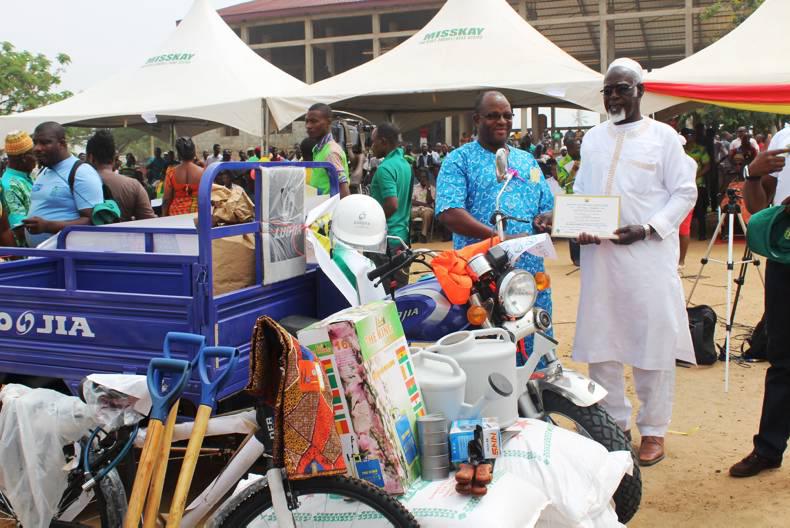




 This is a subscriber-only article
This is a subscriber-only article






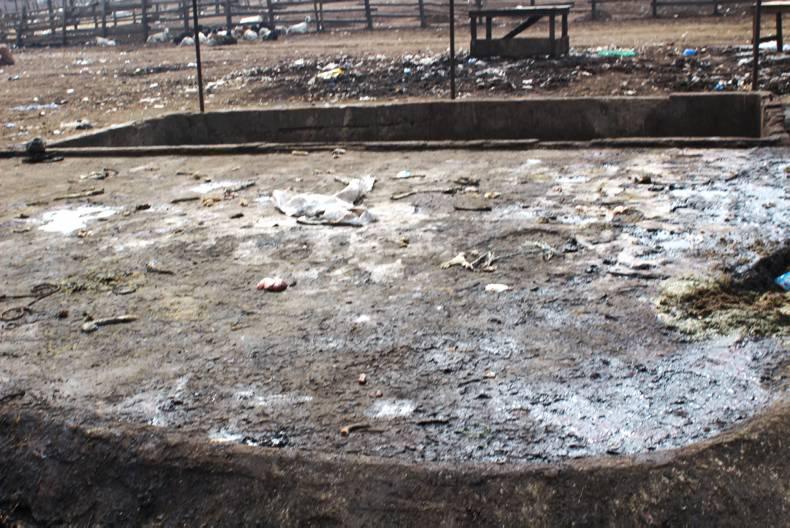

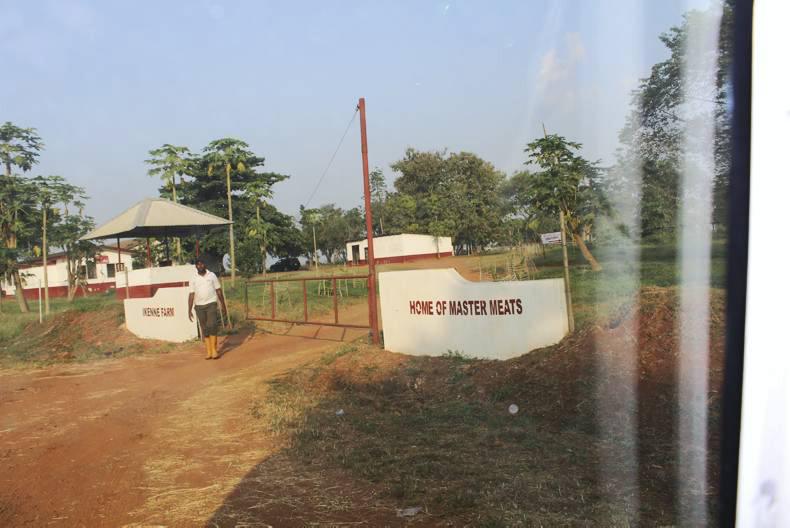
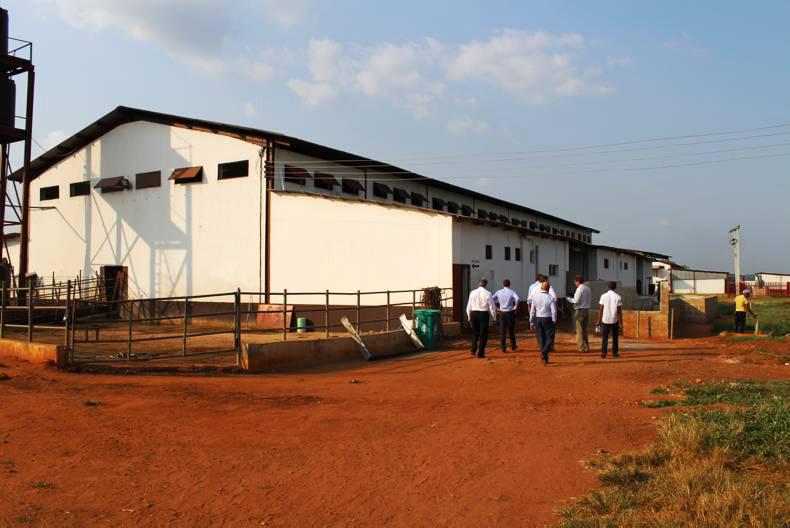
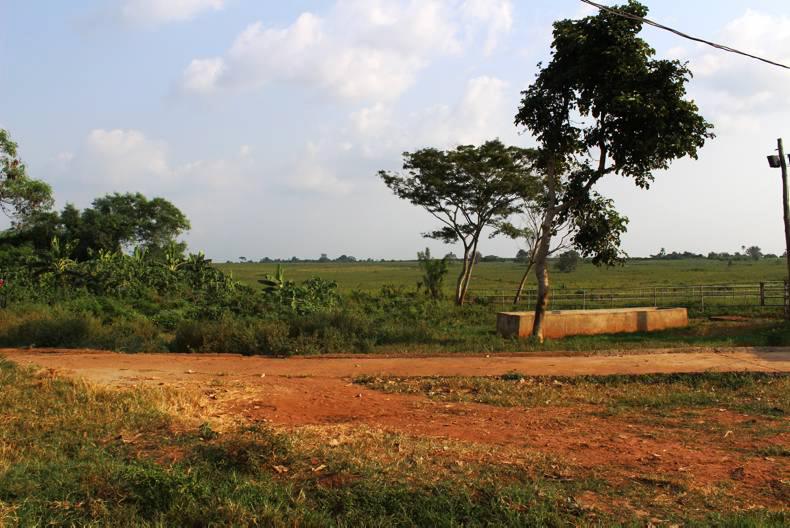

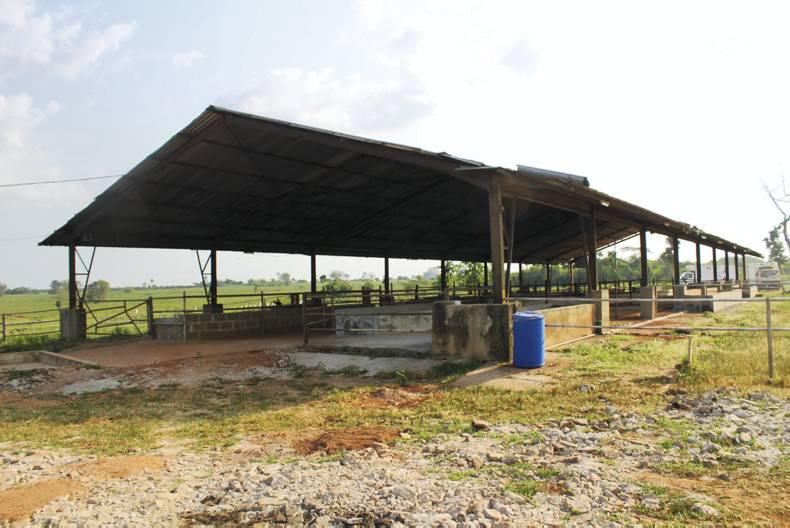
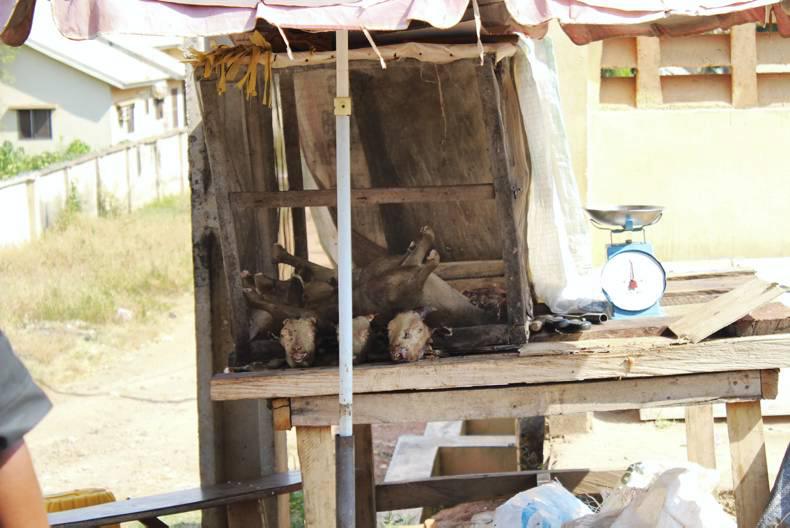
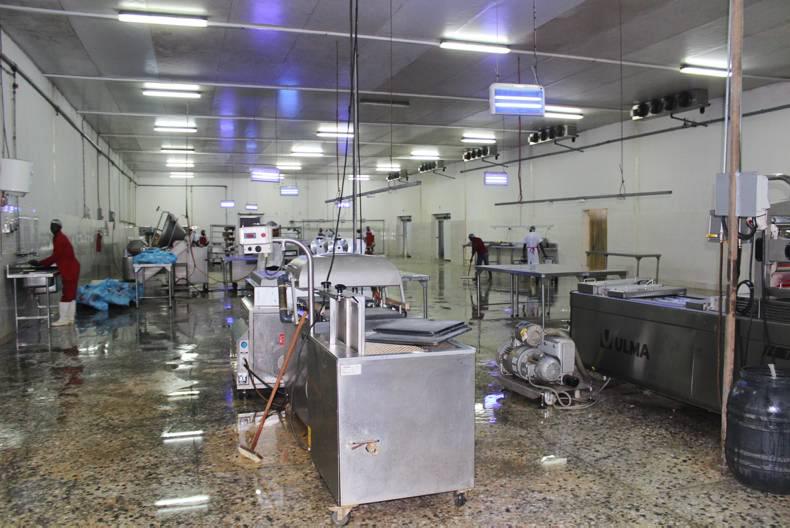
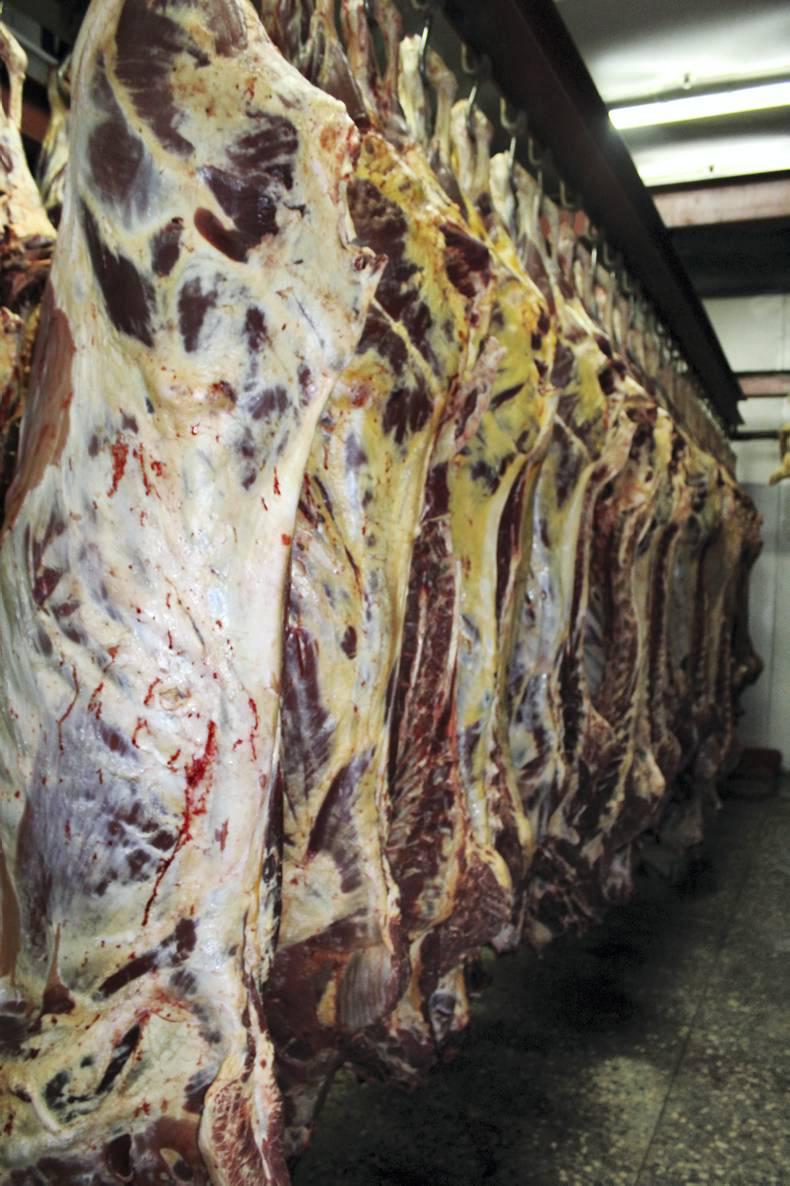

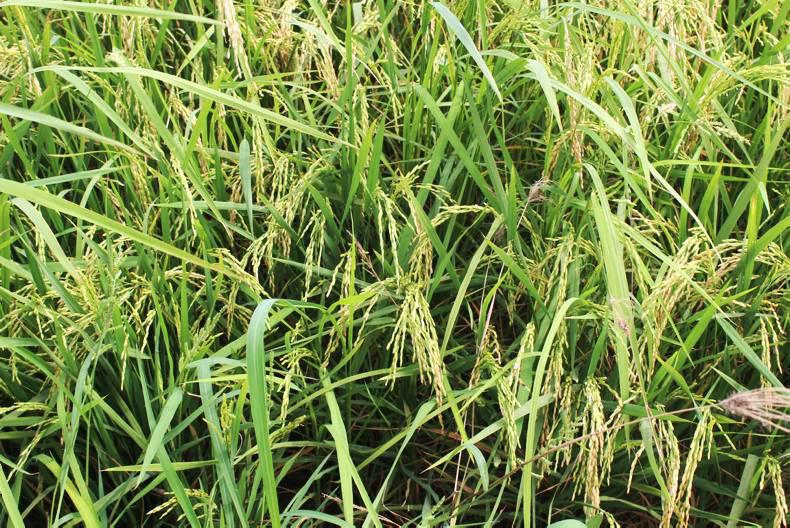
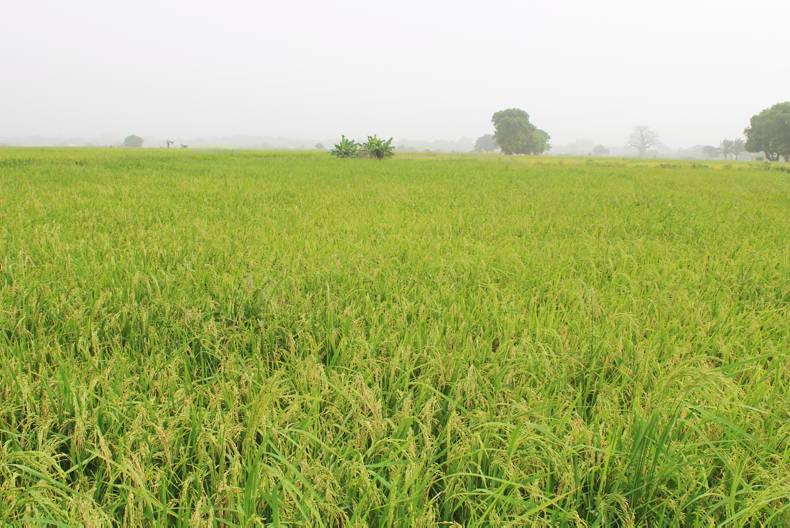




SHARING OPTIONS: